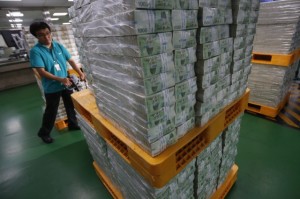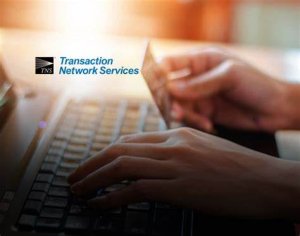Bank of Korea governor sees no intrinsic value in Bitcoin ahead of 20% gains tax in 2022
South Korea has been a cryptocurrency hub right from the beginning, with some of the first bitcoin exchanges and the highest trading volumes, but regulatory forces were kept from intervening like in the United States. Not even capital gains taxes on Bitcoin et al. That is about to change.

The head of the Bank of Korea (BOK) said Tuesday that “there is no intrinsic value in crypto-assets” in a session with lawmakers. The lack of clear value in a Bitcoin or other cryptocurrencies paves the way to greater volatility in the digital asset class.
“It is very difficult to predict the price, but its price will be extremely volatile, BoK Governor Lee Ju-yeol told lawmakers when asked by about whether a recent surge in the price of Bitcoin is temporary.
The governor of South Korea’s central bank also said the recent bullish rally in Bitcoin may be a result of multiple factors such as Tesla’s announcement of a $1.5 billion acquisition of the number one cryptocurrency by market cap.
After years of being announced as the digital alternative to gold, Bitcoin is in a move to gain that reputation among institutional participants. That might also be behind Bitcoin’s recent bullish run, said governor Lee.
South Korea has been a cryptocurrency hub right from the beginning, with some of the first bitcoin exchanges and the highest trading volumes, but regulatory forces were kept from intervening like in the United States. Not even capital gains taxes on Bitcoin et al. That is about to change.
The country’s government has recently announced, through the Ministry of Economy and Finance, the creation of a 20% tax on Bitcoin and cryptocurrency profits starting Jan. 1, 2022.
Profits exceeding 2.5 million won ($2,300) from both trading and holding cryptocurrencies will be subject to the tax. Cryptocurrencies received as part of an inheritance or as gifts will also be taxed, based on the daily average price for one month before and one month after.
Cryptocurrency exchanges are also expected to fall under stricter scrutiny from March onwards, with new requirements regarding information security procedures, and KYC and AML measures.









